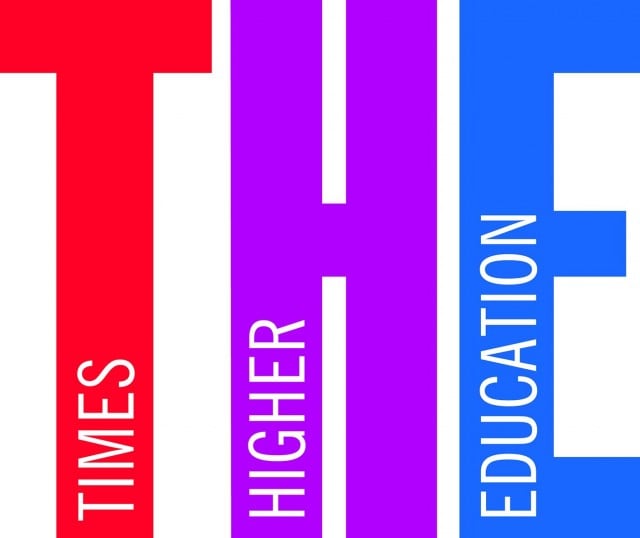
Academics have expressed mounting concern about the threat that predatory journals pose to doctoral students, with at least one institution tightening up its quality criteria for Ph.D.s by publication.
 As a “core consideration” of its doctorate policy, Western Sydney University has narrowed the range of journals it accepts for published articles that form part of Ph.D. theses. Its School of Nursing and Midwifery has gone a step further and insisted that papers must appear in outlets in the top 75 percent of the SCImago Journal Rank.
As a “core consideration” of its doctorate policy, Western Sydney University has narrowed the range of journals it accepts for published articles that form part of Ph.D. theses. Its School of Nursing and Midwifery has gone a step further and insisted that papers must appear in outlets in the top 75 percent of the SCImago Journal Rank.
The rule change came after an external examiner complained that papers submitted as a Ph.D. thesis had been published in predatory journals. A review found that the journals did not meet Western Sydney’s definition of predatory -- publications that lacked peer review, transparency or reasonable editorial standards and solicited contributions deceptively.
But the case has intensified the university’s efforts in “strengthening references to the quality of journals” -- work already under way to meet data collection and research assessment exercise guidelines, a spokeswoman said.
The episode reflects broader concerns that Ph.D.s by publication encourage low-quality and repetitive science and are bedeviled by self-plagiarism and copyright problems, amid widespread anxiety about the proliferation of predatory publishers and conference organizers.
Academics say they receive requests to write for questionable journals or attend little-known events on a weekly or even daily basis, through poorly worded emails that do not initially reveal that participants are required to pay.
Ph.D. students are thought to be especially vulnerable to such approaches because they are relatively naïve about academic culture -- particularly if they have clinical backgrounds -- and risk being “seduced” by fawning invitations addressing them as “Doctor.”
“I don’t think one can assume that Ph.D. students will know this is not on,” said University of Melbourne law professor Katy Barnett, who said she had recently advised a doctoral student to withdraw a paper from a publisher after noticing a plea for advice on Twitter.
“She was really excited,” Barnett explained. “She said, ‘It’s my first academic publication and now they’ve asked for money -- is this normal?’”
Barnett said universities and supervisors needed to be more proactive in informing doctoral students about the “warning signs” of predatory publishers. “We’ve set in place incentives that [early-career academics] must be published. It’s incumbent upon us to point out the pitfalls. We need better resources for how and where Ph.D. students should publish.”
But she acknowledged the difficulty of compiling a list of predatory journals, partly because of publishers’ fly-by-night practices. “They change their names. They keep traveling along. What I would say as the indicia is, ‘If anyone asks you to pay for publishing in their journal, get out now!’”
Simon Knight, director of the Center for Research on Education in a Digital Society at the University of Technology Sydney, warned of “perverse incentives” from expectations placed on would-be academics, with publication during honors courses becoming a prerequisite for acceptance into Ph.D. programs.
But restricting thesis-related papers to specified journals could also have unintended consequences, Knight said. “Lots of journals are not in those rankings. New journals in emerging areas of knowledge; journals that are unconventional in various ways -- they’re less likely to be in those commercial indexes,” he said.
Western Sydney said that journal quality thresholds were being determined at the discipline level. An institutionwide restriction to better-ranked SCImago journals was not being considered, “as this would exclude book chapters and other reputable publications.”
from Inside Higher Ed | News https://ift.tt/2UAR4Hc


No comments:
Post a Comment